(ECNS) -- The U.S. is largely waging an economic war against high-tech sectors in China in an excuse of "overcapacity," said Benjamin Norton, founder and editor-in-chief of Geopolitical Economy Report, in his recent video published on X.
When the U.S. Treasury Secretary Janet Yellen visited China, the Western media began to spread this discourse, claiming that China has this massive problem of "overcapacity," and that China produces too many electric vehicles and solar panels, said Norton.
During his recent visit to China, German Chancellor Olaf Scholz also raised the issue, saying that they want “open and fair markets.” The U.S. and other Western governments said they “have to” take action against China in order to save their economies from “Chinese overcapacity.”
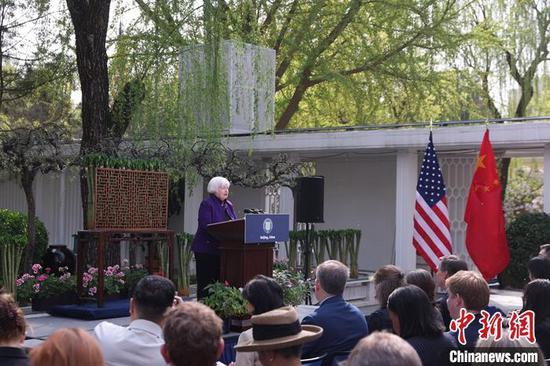
“U.S. is accusing China of what it itself is doing”
Their implications are imposing tariffs on Chinese goods and sanctions on China, and preventing exports of technologies in order to maintain more competitiveness, said Norton.
However, “ It could not be more hypocritical and self-serving,” Norton added, because “While Washington is claiming this, while the media is simply repeating these talking points coming from Yellen and other top officials, the U.S. government is giving out trillions of dollars of incentives to its own local industries in order to compete with China,” he said.
“The U.S. is accusing China of exactly what it itself is doing,” he noted.
The Wall Street Journal reported in 2023 that “the Inflation Reduction Act may go down as one of the greatest confidence tricks on taxpayers in history...... a Goldman Sachs report projects its myriad green subsidies will cost $1.2 trillion—more than three times what the law’s supporters claimed.”
French entrepreneur Arnaud Bertrand published an article on X this March, in which he analyzed China’s capacity utilization rates, inventory levels, and profit margins, concluding that “there is just no sign of industrial overcapacity in China.”
According to his analysis, China's capacity utilization rates have remained steady at around 76 percent for the past decade, comparable to America's rates at about 78 percent, suggesting no issues.
Bertrand pointed out that as of early 2024, China's finished goods inventory PMI index stood at 49, below the threshold of 50 indicating increasing stock levels, suggesting no concerns with inventory levels. Additionally, China's industrial profits have increased by 10.2 percent in the first two months of the year, continuing a positive trend since August last year, indicating no issues in this regard either.
Ulterior motives behind "overcapacity" rhetoric
The real goal behind U.S. concern over so-called 'overcapacity' is even more hypocritical.
Commerce Secretary Gina Raimondo said in 2021 that the U.S. needs to work with Europe to slow China’s innovation rate. “If we really want to slow down China’s rate of innovation, we need to work with Europe,” she told CNBC in an exclusive interview.
According to a Bloomberg report, this March, Raimondo said the U.S. will "do whatever it takes" to curb China’s tech when asked if the U.S. is planning to add new restrictions on the sale of semiconductors to the country.
“When China was producing low value-added goods like toasters and toys, the U.S. didn't care about ‘excess production’. Now that China can compete with U.S. Big Tech monopolies in cutting-edge sectors, Washington (and the billionaire oligarchs who control it) need excuses for tariffs,” Norton said.
Norton pointed out that “Washington's goal is to prevent China from technologically developing in advanced sectors and competing with us big tech monopolies.”
Chinese Foreign Ministry spokesperson Lin Jian said on Wednesday that China has been stressing the need to view the issue of capacity in line with the principles of market economy and assess the issue in the context of economic globalization, the global division of labor and market dynamics.
“China’s leading edge in new energy is gained through strong performance and full-on market competition, not government subsidies. China’s new energy sector is a steady source of high-quality capacity for the world and bound to be a key contributor to global green development,” he said.
Lin stressed the notion that China’s overcapacity harms the global market is a complete fallacy.
“ China has been and will always be open to industrial cooperation. We hope relevant countries will keep an open mind, embrace fair competition, contribute to a world-class, market-oriented and law-based environment for trade and economic cooperation, and work with China for mutual benefit and a universally-beneficial and inclusive economic globalization,” he added.








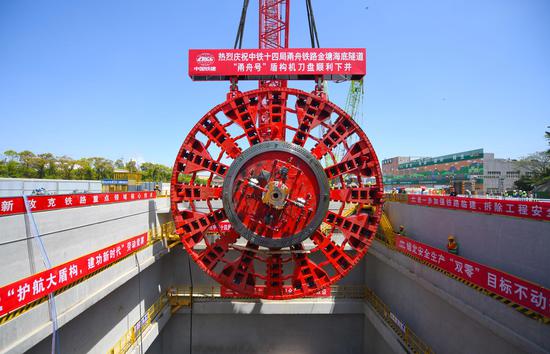
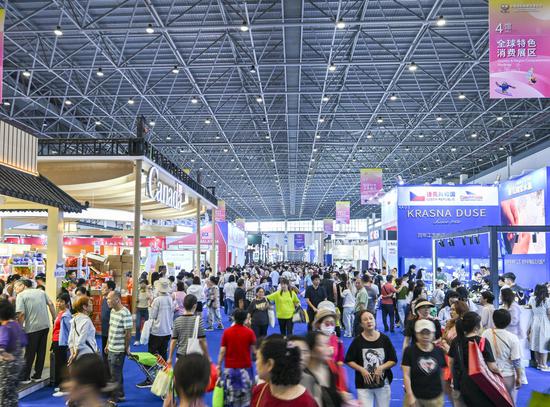
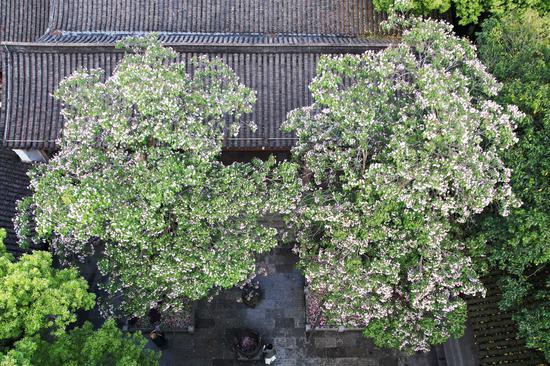
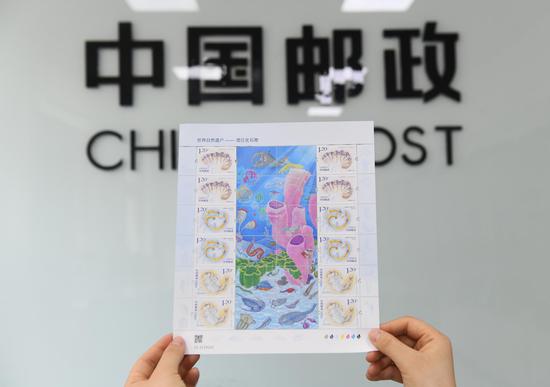
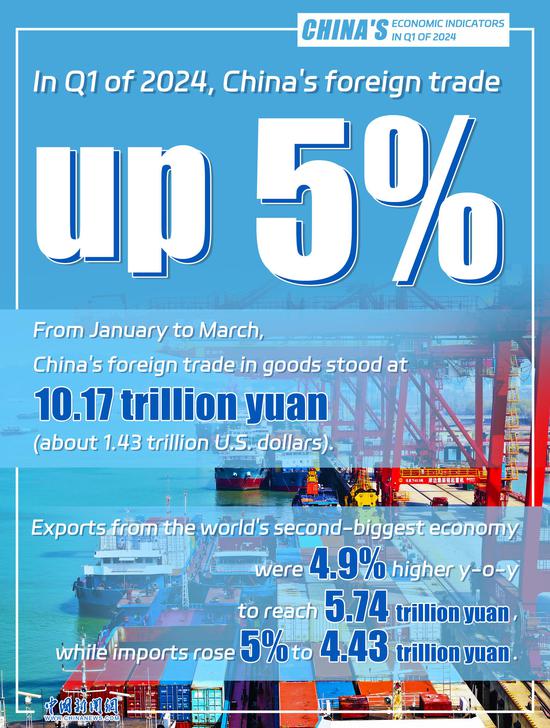
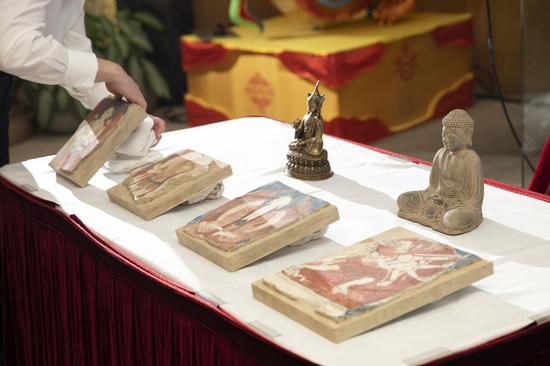



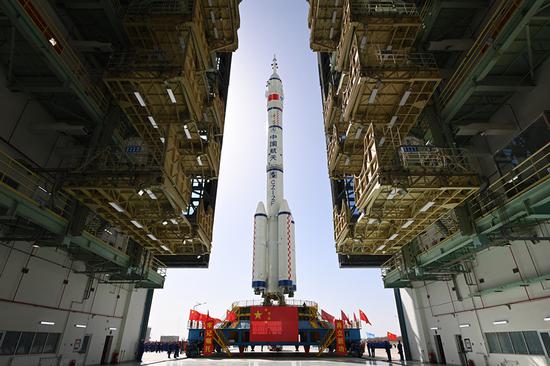




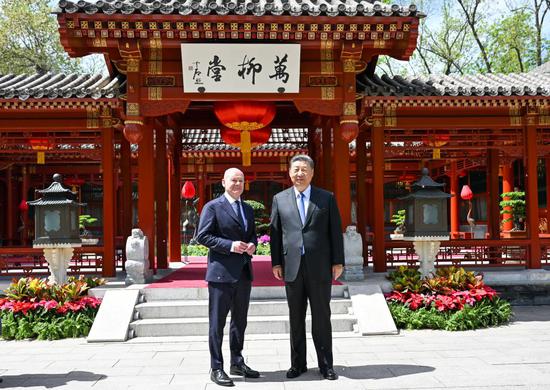


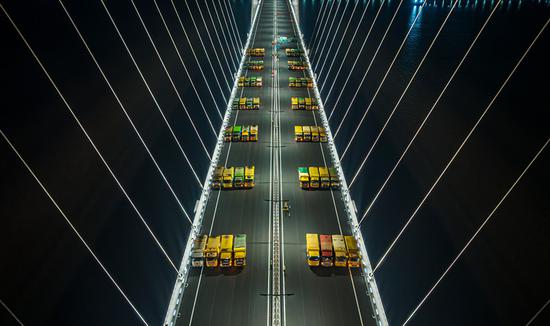
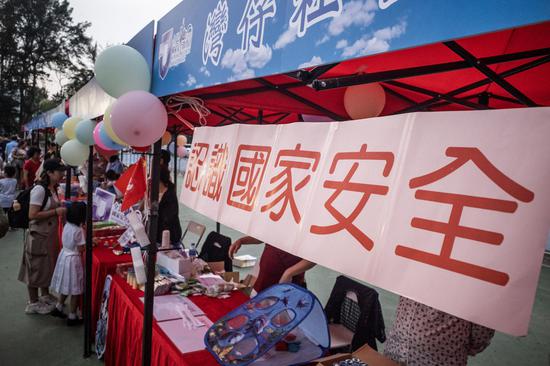
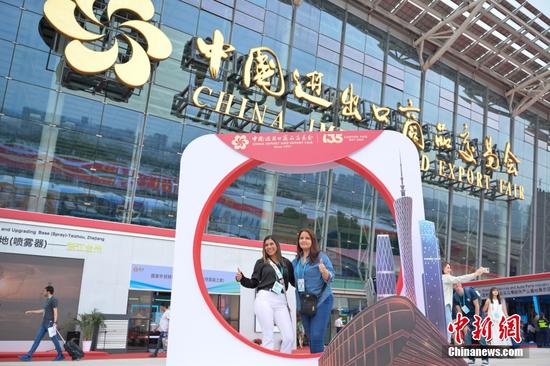

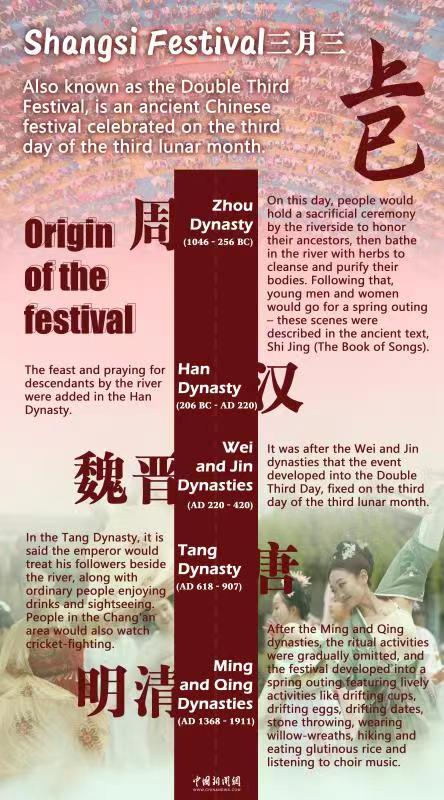
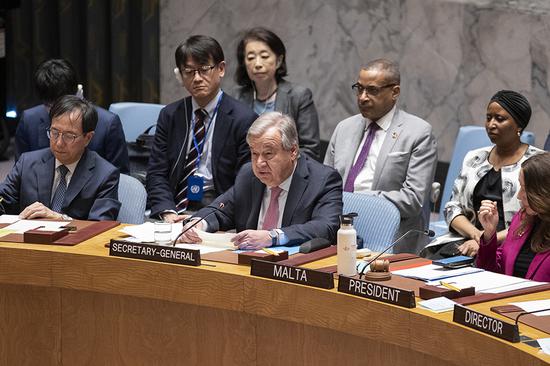
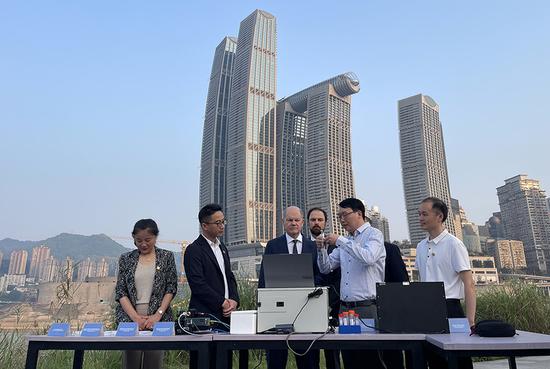
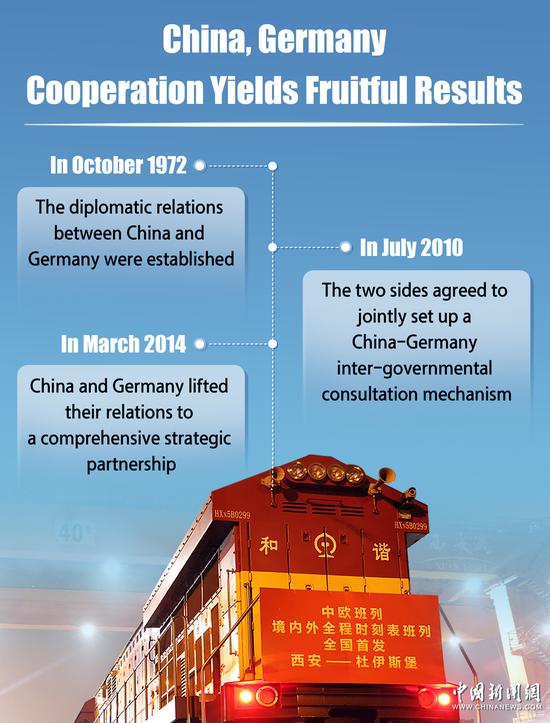

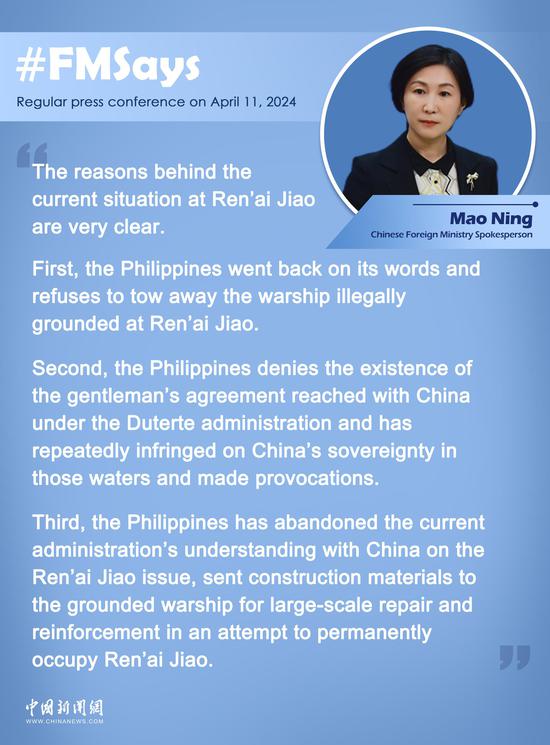
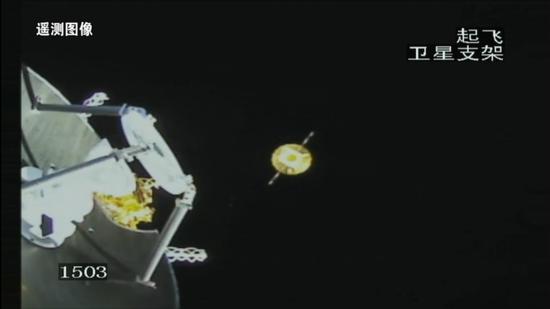
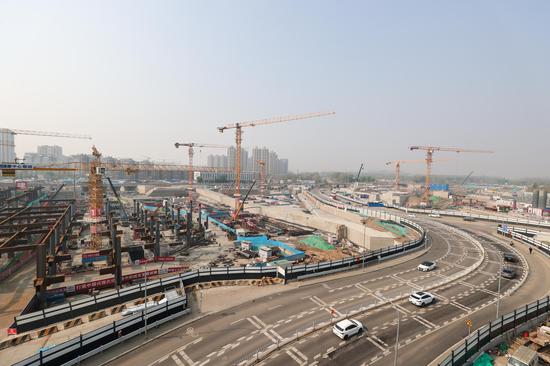

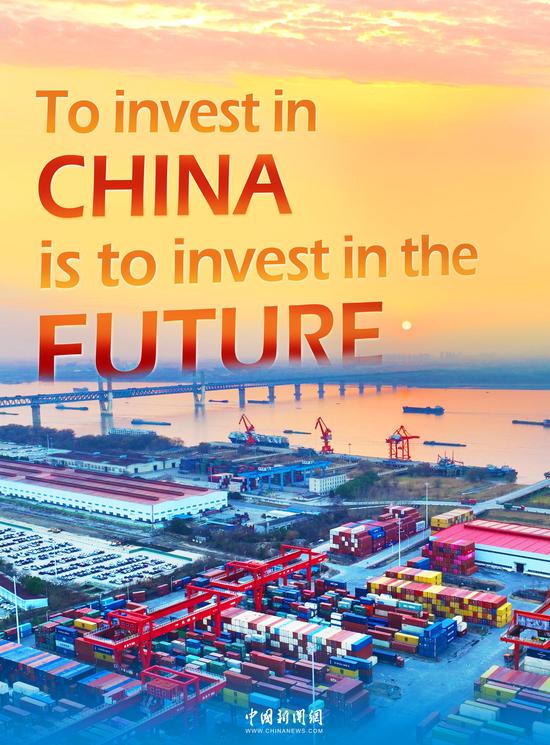
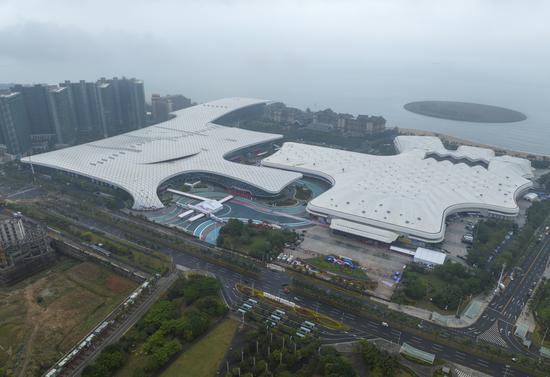


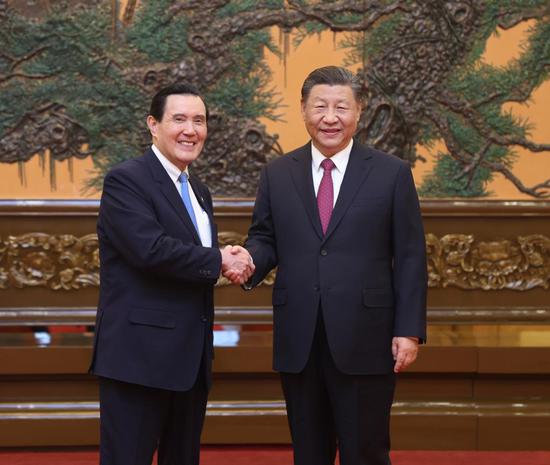

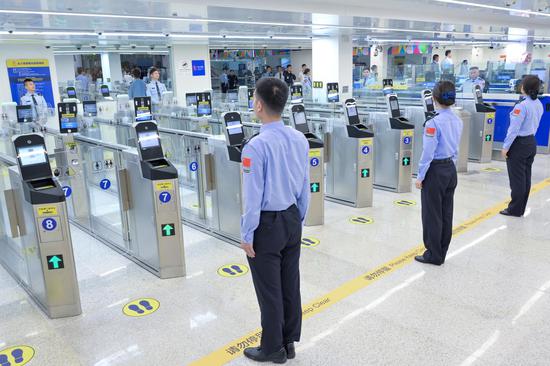



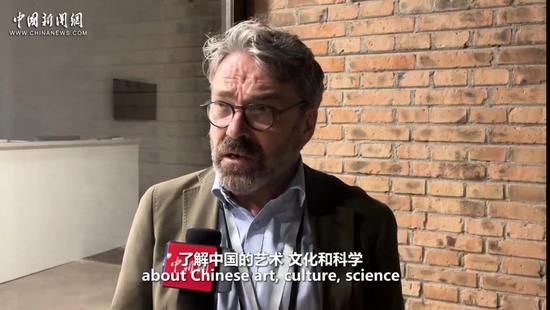

 京公網安備 11010202009201號
京公網安備 11010202009201號